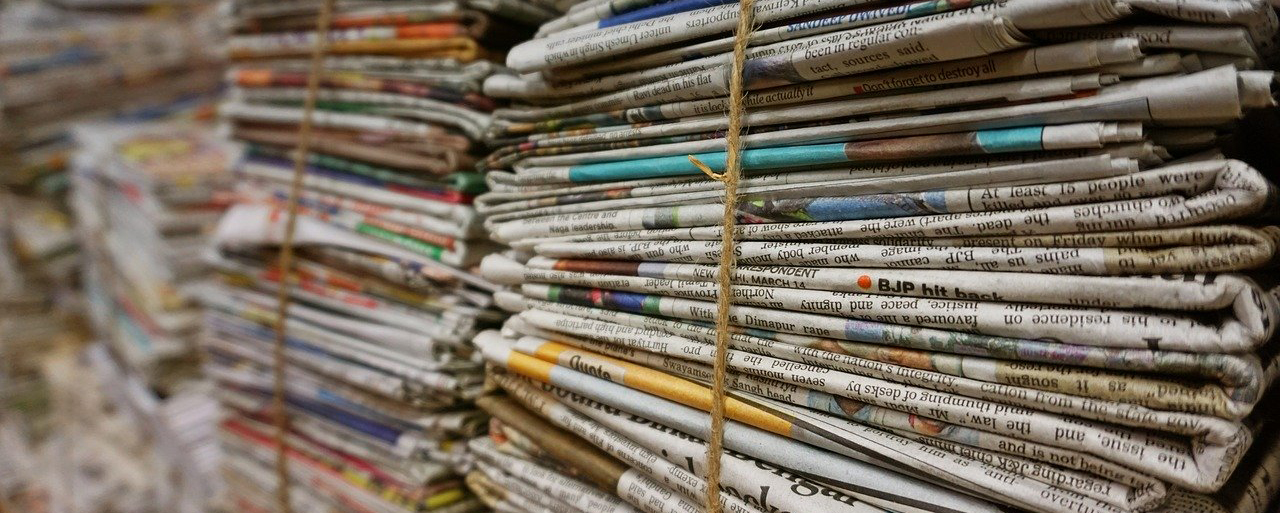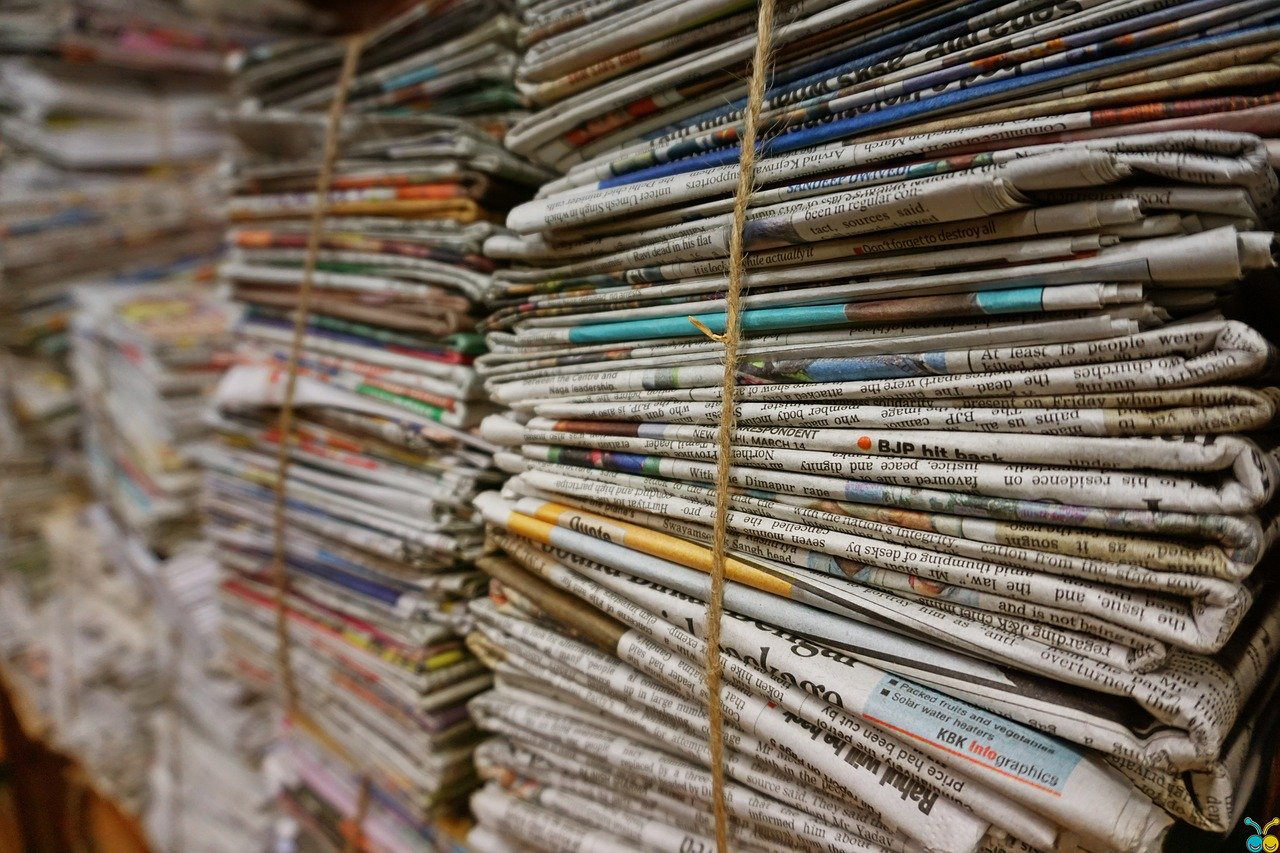
Jordan, the UAE, Oman, Morocco, Yemen and Iran. It is the sort of list that Index might compile for any number of attacks on freedom of expression. In this instance they are all countries that have chosen to ban the printing of newspapers and other media during the current Covid-19 crisis, ostensibly to contain the spread of the virus.
This trend of governments using this pandemic to close down newsprint is one of a series of trends that we have identified in compiling Index’s mapping project . The map, created in conjunction with Justice for Journalists Foundation, tracks media violations during the coronavirus crisis.
On 17 March, the Jordanian Council of Ministers ordered newspapers to stop producing print editions for two weeks in a bid to stop the spread of the coronavirus. Minister of state for media affairs Amjad Adaileh said at a press conference that the decision was “because they help the transmission of the pandemic”. On 21 March, the UAE’s National Media Council announced a temporary ban on printing all newspapers and magazines except for regular subscribers of the publications and large outlets in shopping centres.
The council said the decision was “in line with the precautionary measures taken to contain the spread of the virus. Several people touching the same printed material has the potential to disseminate the virus.”
Over the next week, Morocco, the Sultanate of Oman, Yemen and Iran all followed suit, forcing publishers to produce copies online. In April, the Indian state of Maharashtra did things differently; it didn’t ban print publications but banned their delivery to people’s doors.
In early April, a number of Tunisian publishers suspended printing a number of daily and weekly publications.
Yet there is mounting evidence that there is little or no risk of catching the virus from newspapers, which has led Index to suspect that Covid-19 is being used as an excuse.
The World Health Organisation is reported to have said that the risk of contracting the virus from newsprint is “infinitely small”.
Professor George Lomonossoff, a virologist at the John Innes Centre said in a TV interview: “Newspapers are pretty sterile because of the way they are printed and the process they’ve been through. Traditionally, people have eaten fish and chips out of them for that very reason. So all of the ink and the print makes them actually quite sterile. The chances of that are infinitesimal.”
Former director general of the Indian Council of Medical Research N K Ganguly told the Deccan Herald: “It is more of a perception than reality that COVID-19 virus spreads through newspapers.
The risk of catching the virus from newsprint seems remote but some say the fear of it spreading that way is causing people not to buy print newspapers.
Vincent Peyrègne, CEO of the World Association of News Publishers, (WAN-IFRA) said:
“Today, modern newspaper production is fully automated from end to end. There is hardly human intervention until the last mile distribution point. The ink and solvent used in newspaper printing act as a disinfectant to a large extent and there is no evidence to show that newspapers are carriers of the virus. The rumours that the virus can spread through newspapers is also having a disastrous effect, and newspaper as a source of transmission of the virus is very remote.”
It is perhaps telling that the countries which appear high on various rankings of press freedom have not joined in with banning newsprint.
Peyrègne said these countries “banned print newspapers with the fallacious, or misleading argument that they needed to protect the health of citizens”.
“Any banning of media or placing of restrictions on journalists or media organisations is not only an attack on the freedom to inform and to be informed, but it also carries serious consequences in terms of responsibility for contributing to one of the most serious humanitarian and economic crises we have experienced in the last one hundred years. Nevertheless, many authoritarian countries feel that the crisis is the perfect excuse to crack down on free speech, silence their critics and accelerate repressive measures,” said Peyrègne.
The ban on print editions of newspapers and magazines has contributed to a devastating effect on circulations.
Peyrègne said: “The month of April hit the circulation of the daily press hard, due to confinement, the closure of sales outlets and the shutdown of transport. Generally speaking, readership and subscription surged dramatically during the lockdown. Some segments were obviously more affected than others.”
In the UK, the auditing body ABC has told publishers they no longer have to reveal their print circulations, a move which media trade journal Press Gazette says may mean we “never get the full picture of the impact of coronavirus on newspaper sales”. It says that News UK is the only major publisher to say it will not provide the figures so far.
The crisis has also seen a dramatic acceleration in the move of local newspapers away from print. Many local newspapers rely on advertising from their communities and most of these businesses have been forced to close during the crisis, sucking revenues from the publishers.
News Corp Australia announced at the end of May that 76 of its local and regional newspapers would become digital only while 36 others would cease publication permanently.
In the UK, JPIMedia said it was temporarily stopping the print publication of a dozen of its titles, including the MK Citizen in Milton Keynes and the News Guardian in North Tyneside.
In Egypt, Sawt Al-Azhar, Veto, Al-Youm Al-Gadid and Iskan Misr have all temporarily stopped producing print editions.
It is good to see that some countries, including Morocco, Tunisia and Jordan have reversed their bans but such incidents represent just a small part of wider crackdowns on media freedom that we are witnessing at this time of crisis and which we are reporting on our interactive map.
Newspapers play a vital role in informing communities, particularly at times of crisis, and the combination of misguided bans and the poor financial viability of some titles will be a loss that will be keenly felt.
Read more about Index’s mapping media freedom during Covid-19 project.





